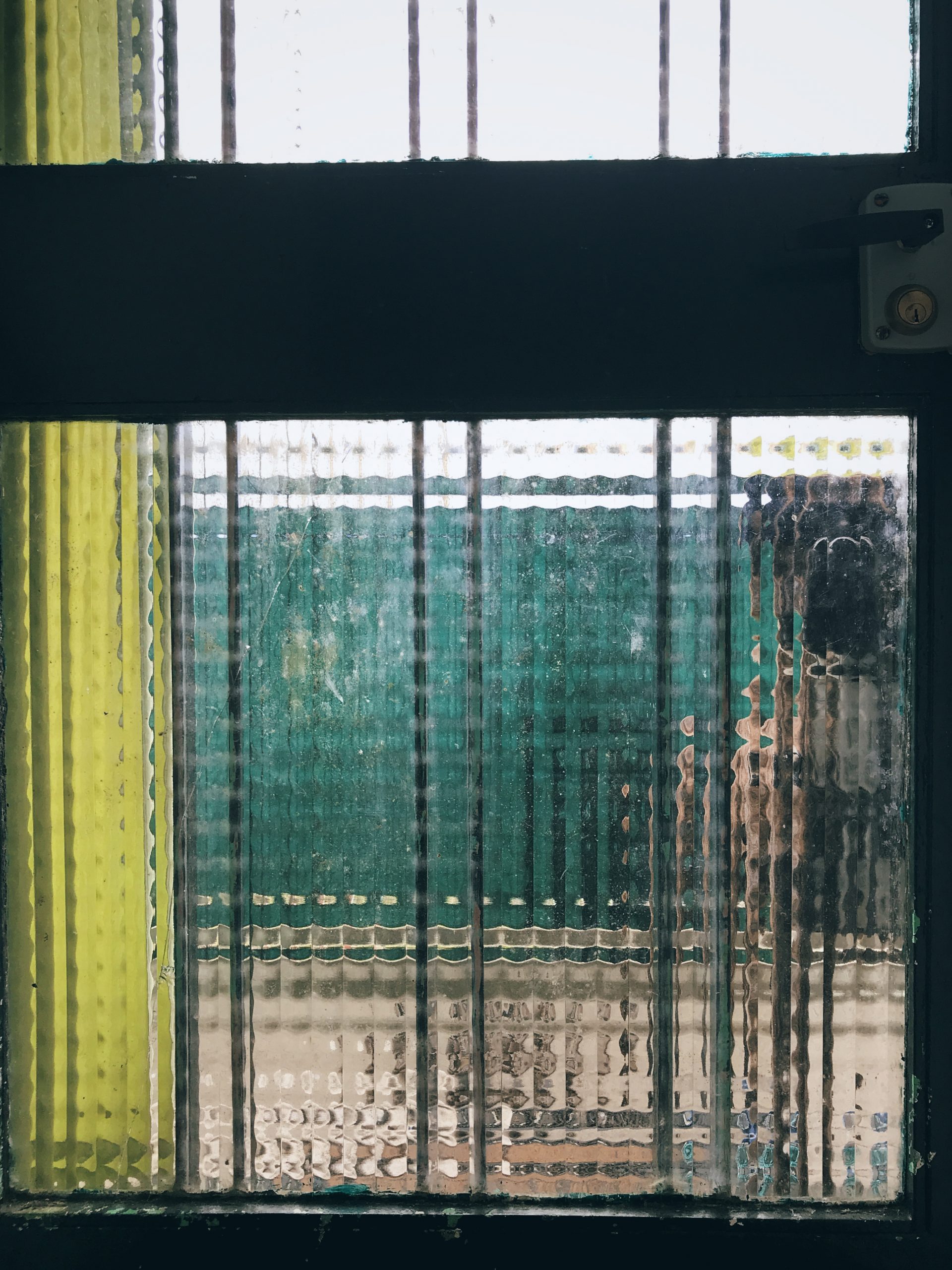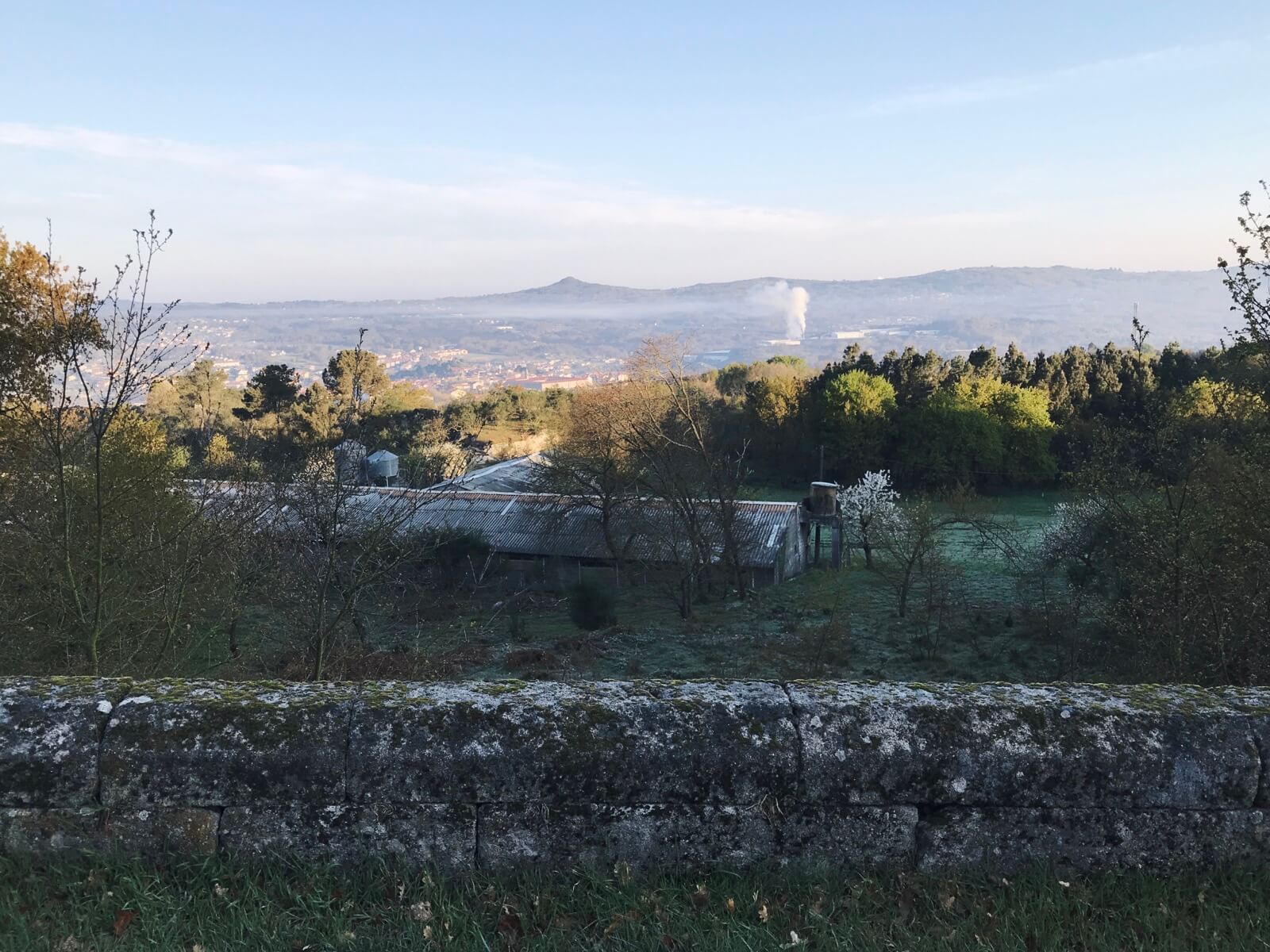
This guy is usually pretty cute. But not when he whines to go outside, ‘knocks’ seconds later to come back in, then repeats.
On a semi-permanent vision quest

This guy is usually pretty cute. But not when he whines to go outside, ‘knocks’ seconds later to come back in, then repeats.

I’m sleeping more lightly than usual. It could be Spain entering daylight savings time but it started a bit before this. At least I’m getting some sleep. I think others are struggling. I don’t have much to write about here. I’m trying to write for my fiction project more.

The post-coffee morning trip up the road with the pup to find some rays of sun, tsk-tsk at the small industrial pig farm, and confirm the town still exists after weird quarantine dreams.
Stony Brook University professor of economics Stephanie Kelton wrote about the recently passed $2 trillion coronavirus stimulus for the Intercept:
Congress has ignored millions of people who have existed in a state of crisis for decades. The people of Flint, Michigan, (and elsewhere) still do not have safe drinking water. Millions of kids go hungry each day. Half a million people, before the pandemic, were homeless on any given night. And on it goes. There has been no multitrillion-dollar spending bill to combat these and other domestic emergencies. Instead, lawmakers have deprived communities of critical investments that could have attenuated their emergencies, often hiding behind the excuse that there isn’t enough money in the budget to deal with problems like these.
She would know. Kelton served as the chief economist for the DNC on the U.S. Senate Budget committee (2015/2016). This article elucidates the methods Congress uses to pass a budget that is ‘paid for’. But the stimulus is not paid for.
That is not what Congress is doing today. Instead of writing a bill that would send two sets of instructions to the Fed, Congress is pushing through a $2 trillion spending bill that will send just one set of instructions. No one is bothering to try to offset — i.e. “pay for” — that spending, because the goal is to get lots of money to people (and companies) without subtracting a lot away.
I keep thinking about republicans and liberals hyperventilating about the ‘cost’ of some of the progressive movement’s policies: Medicare for All, cancelling student debt, tuition-free college, etc. Many of these could be ‘paid for’ yes, by raising taxes on the wealthy. Or they could have been wiped away with a stimulus similar to this one. Arguably keeping money in everyday working people’s pockets during a crisis would have eased the trauma.
Can I scream?
We lack the motion to move to a new beat!
How can we expect anyone to listen if we are using the same old voice?
We dance to all the wrong songs
We enjoy all the wrong moves
— Refused: New Noise
As the dead pile up and the living struggle to meet ends meet around the world, I resign myself to this reality and try to focus on the here and now in our small, safe-for-now village. But my head spins as we are thrown into the peak of the coronavirus crisis while the dual shadows of a decaying and depraved globalized economy and climate breakdown lurk beyond.
I try to stay calm and present with the myriad micro-joys: the kitchen table where I (gratefully) work and write; the small patch of grass where Alqo sunbathes in the early spring mornings; the short walk up the carretera secundaria that exposes a footpath to wander the monte without being noticed by passing guardia civil patrols; a reluctant Amazon order of eight books of fiction and theory to allow myself a break from screens and the news cycle; a beautiful and simple daily routine of meditation, fitness, work, creativity, and delirious vegetarian gastronomy; the mobile panadería that feels even more essential and convenient to avoid the town.
The macro-agonies that I cannot outrun: immediate family members in a densely populated state that must continue to work; the ineptitude of the ruling class to help working people; an American stimulus that will barely cover a month’s rent and nothing else while leaving the many with either nothing at all or delayed disbursement; the prioritization and love of money that will prioritize illogical, fossil-fuel guzzling industries; the awareness that this is an overture and we will surely have another crisis within the next decade.
I’m not living up to the aspiration of stumbling toward hope. I can’t even stumble. It’s of my own doing. Talking to a few friends who are less tuned-in, maybe I could avoid things better, log off, dive into working on writing those novellas more, care less. Human brains aren’t equipped to soak up so much negativity with so little power to change or dismantle those culpable.
En fin. Unfortunately for me and possibly many others, the macro is consuming the micro. And this is just the beginning